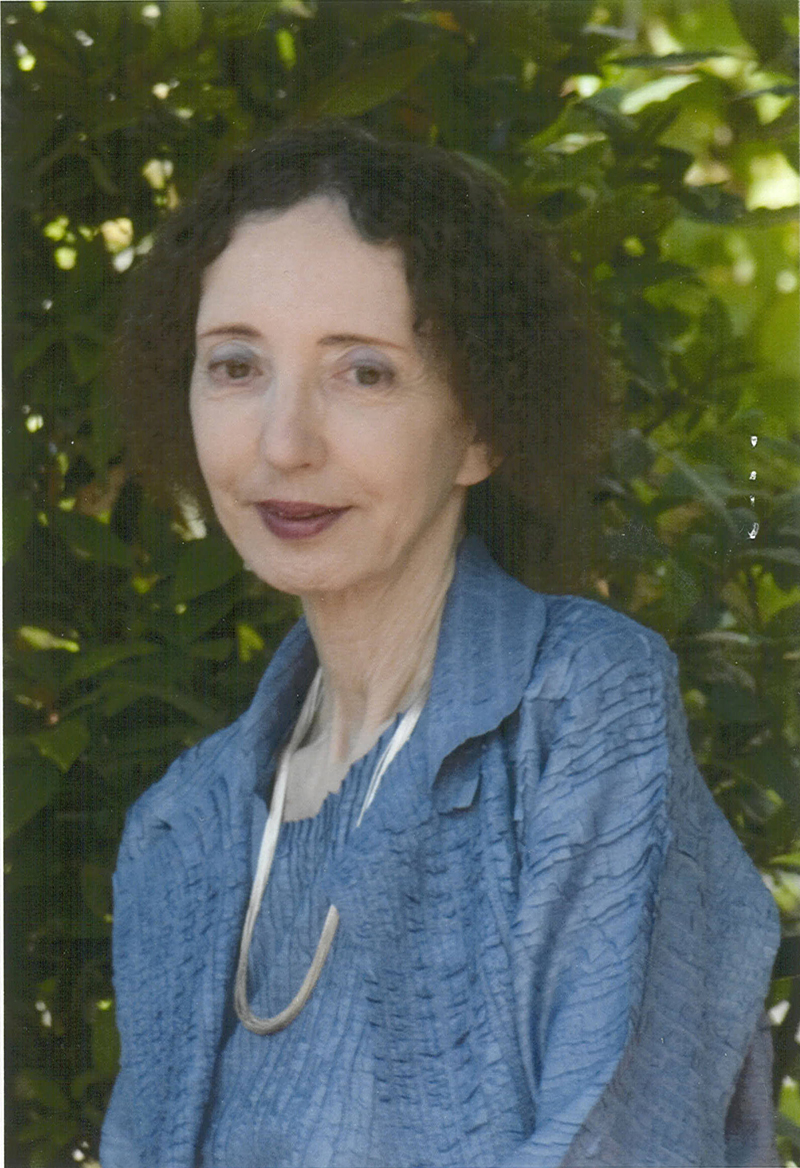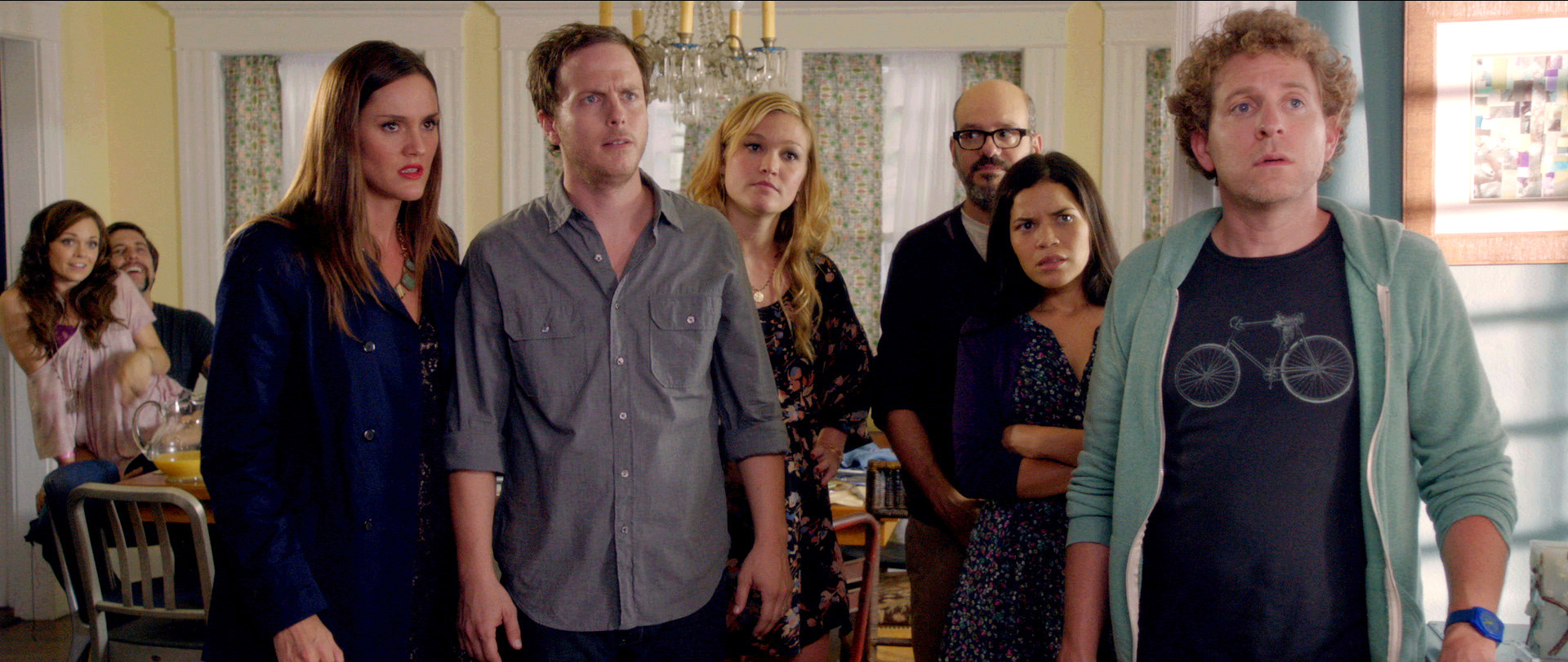The memoir genre is built around bare and open honesty (A Million Little Pieces aside), and Joyce Carol Oates’ A Widow’s Story (Ecco, $27.99) is packed with moments of such frankness. After 46 years of marriage, Oates writes of her crushing insomnia, her cats’ indifference to her grief, her feeling that suicide is a better option than living without her husband (Raymond Smith), and her subsequent stockpiling of prescription pills. These are all poignant details, but things start to get messy from there.
Much of Oates’ memoir is about her anger: She’s angry at Smith’s doctors and nurses. She’s angry when friends ask her how she is. She’s angry when friends don’t call her and ask how she is. She’s angry at Smith’s tulips for blooming. She shakes with rage when people ask her if she’s resumed writing. When one acquaintance comments on her pink outfit, she thinks, “How stupid of you, to mistake dark-rose for ‘pink.’ ” When she packs all the condolence letters and cards into a bag and refuses to open any of them, one can’t help but think of all the people who die every day without anyone’s noticing, of all the widows and widowers who never receive a single kind note in the mail.
The confusing crux of A Widow’s Story is that readers won’t know whether to be irritated with Oates’ petulance and bad manners, or to excuse and overlook her behavior, since she has, after all, just lost her spouse. As a result, the book is nowhere near as tender as that heartbreaking beacon of all bereavement memoirs, Joan Didion’s 2005 The Year of Magical Thinking. When a friend gifts her with that very book, Oates somewhat sniffily e-mails, “Thank you for the Joan Didion memoir, which I’d already read.” Does Oates include this episode to indict her own cattiness, or is she simply unaware of it? This, again, is confusing.
Oates just doesn’t capture the pain as succinctly as Didion did in half as many pages. Then there’s her disingenuousness about certain facts. She continually bemoans Smith’s “youth” at his death, but he was 78, which just beats the average American male life expectancy—77.9 years, per the Centers for Disease Control and Prevention. Furthermore, while asking for our pity, Oates omits one important detail: During this book’s writing, she was already engaged to another man. It’s not that one doubts Oates’ grief. But it seems as though Oates the novelist prevailed over Oates the memoirist. She should have been more honest—with her readers and with herself.








